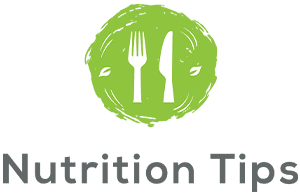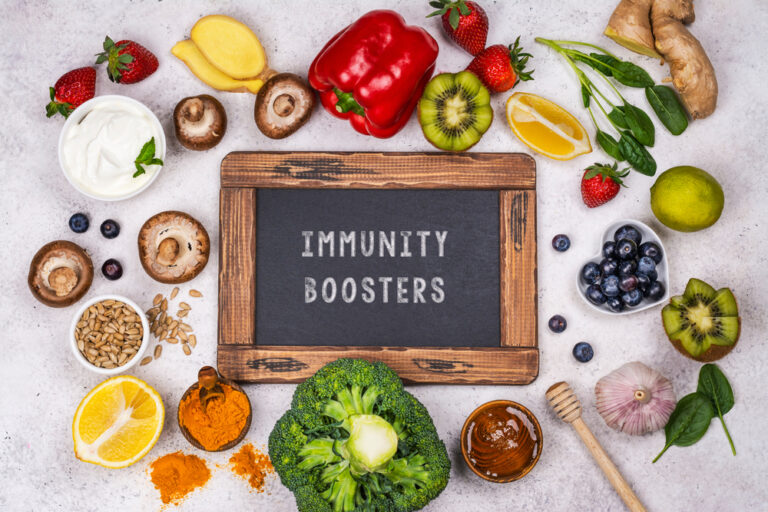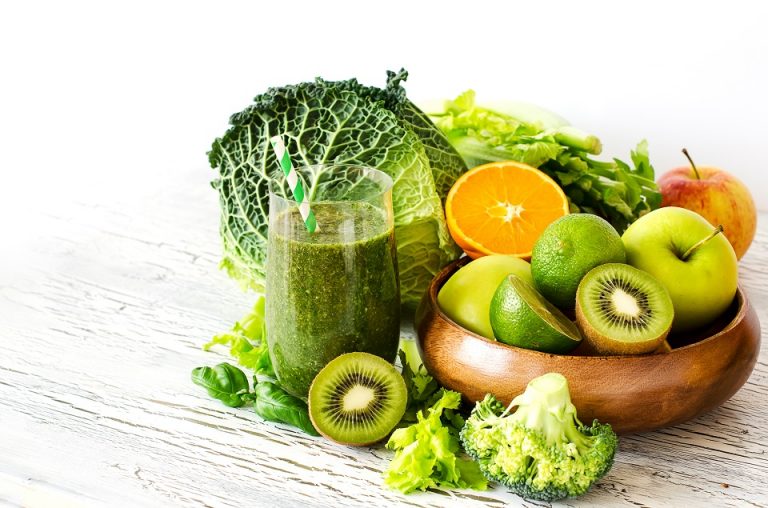
3. You assume “all natural” and “organic” are the same thing
You couldn’t be more wrong! If you don’t know the difference note that certified organic products have gone through an application and been inspected by the U.S. Department of Agriculture to make sure they meet the criteria—organic plants don’t use synthetic fertilizers, pesticides, and herbicides, and meats are from animals that eat organic feed and haven’t been given antibiotics or hormones.
On the other hand, the “all natural” label doesn’t have such strict guidelines. According to the U.S. Food and Drug Administration (FDA), “from a food science perspective, it is quite difficult to define a food product as ‘natural’ because the food has probably been processed and is no longer the product of the earth.”
“All natural doesn’t really mean a lot to us,” adds Mills. “We know that by FDA standards it means they’ve been minimally processed, but to what degree that ‘minimally’ means to each manufacturer may be a little different.” You should check instead for certain labels such as antibiotic- or GMO-free. However, if reading food labels gives you headaches every single time, watch this!


















